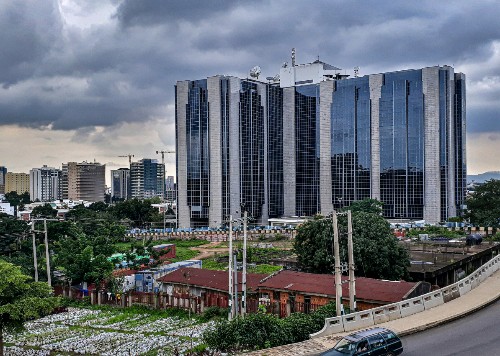BIG STORY
Nigerians Barred From China Over COVID-19 Pandemic
-

 BIG STORY3 days ago
BIG STORY3 days agoCourt Sentence FCMB Branch Manager To 121 Years In Prison For Embezzling N112million From Customer’s Account In Anambra
-

 BIG STORY1 day ago
BIG STORY1 day ago80% Of Lekki Buildings Have No Government Approval — Physical Planning Commissioner, Oluyinka Olumide
-

 BIG STORY24 hours ago
BIG STORY24 hours agoMy Only Regret In Life Is Bleaching My Skin — Toke Makinwa
-

 BIG STORY1 day ago
BIG STORY1 day agoBREAKING: Ikeja Electric Slashes Tariff For Band A Customers By 9%
-

 BIG STORY3 hours ago
BIG STORY3 hours agoI Must Draw Blood From You, Says Ekiti Universty Bully As She Brutalises Fellow Student [VIDEO]
-

 BIG STORY1 day ago
BIG STORY1 day agoMende Demolitions: Developers Served Contravention Notices Since 2021, But Ignored — Tokunbo Wahab
-

 BIG STORY4 days ago
BIG STORY4 days agoGovernors Can Pay N615,000 Minimum Wage If They Get Priorities Right — NLC
-

 BIG STORY6 hours ago
BIG STORY6 hours agoSix Top NSCDC Officials Under EFCC Probe Over N6bn Fraud





































